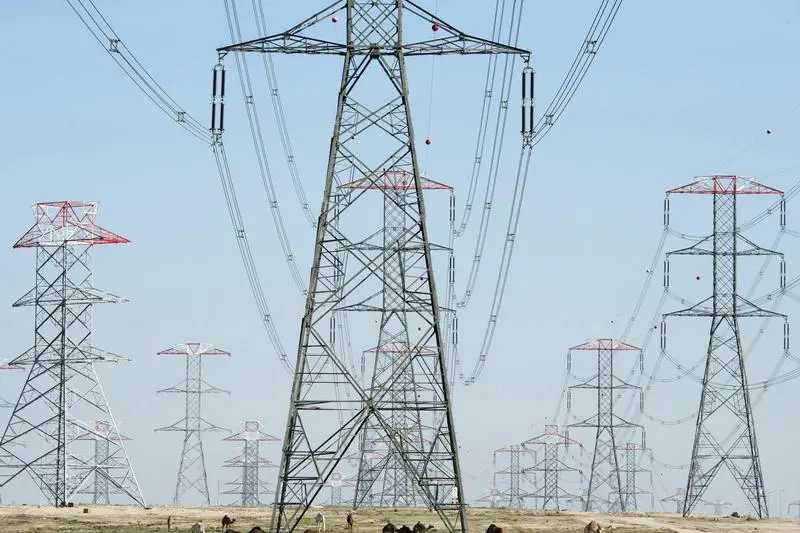PHOTO
An agreement to export 500 megawatts worth of electricity to Kuwait from other GCC countries was signed with the GCC Interconnection Authority (GCCIA) during a meeting in Saudi Arabia’s Eastern Province.
The deal, in order to meet the increasing demand for electricity in Kuwait, was signed in the presence of authority chief executive Ahmed Al Ebrahim, a Bahraini, and Kuwait’s Electricity Ministry acting under-secretary Haitham Al Ali.
From June 1 to August 31, Oman will supply 300MW with Qatar chipping in with 200MW.
The GCCIA is an organisation formed in July 2001 with the primary objective to create an integrated and sustainable energy economy amongst the six Gulf States. The aim is to create an interconnection of power grids between member states so that resources can be shared.
As a joint stock company, it aims to build and maintain a resilient interconnection grid to ensure stable power, security and economic benefits.
The six GCC countries are linked through cables laid over land and under the sea.
Bahrain, Saudi Arabia, Kuwait and Qatar joined the power grid in 2009, with Oman and the UAE joining in 2011.
If any country needs extra electricity during the summer or peak periods, it automatically gets it through this grid.
Officials following the signing of the deal
On average, Bahrain produces around 600MW of electricity for the grid, while Kuwait and Saudi Arabia produce around 1200MW each, Qatar produces 750MW, the UAE produces 900MW and Oman contributes 400MW.
“This deal will benefit countries in the region, and increase safety and operational effectiveness,” said Mr Al Ebrahim during the signing of the agreement.
“The authority’s platform for trading electricity allows for competitive prices and high quantities,” he added.
“It also allows for proper flow and will facilitate financial settlements.
“Trading in electricity and energy allows societies in the region to flourish as it provides sustainable connections at affordable prices.
“Additionally, by building state-of-the-art power stations across the region, regardless of the high cost, we have been able to reduce the cost of production, operation and distribution in the long run, which allows the authority to import and export electricity more effectively.”
Mr Al Ebrahim added that trading in electrical energy has become one of the most important and popular aspects of the sector and its development.
“It has a significant impact on renewable energy not just in the GCC, but also internationally,” he said.
“Recent technological developments have made trading in electricity much simpler and faster than ever before, meaning we can supply energy to other countries in relatively short periods.
“Even in Europe, countries trade electrical energy using modern systems that allow for it to be transferred across the continent in one day, if not less.”
Copyright 2022 Al Hilal Publishing and Marketing Group Provided by SyndiGate Media Inc. (Syndigate.info).





















